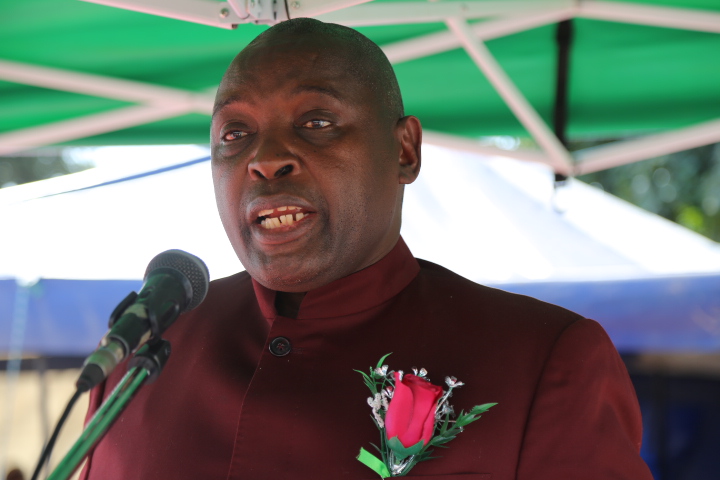PMFORMER Prime Minister Kiichi Miyazawa, whose career stretched from Japan’s defeat in World War Two through the 1990s “lost decade” of economic stagnation, has died.
A finance expert at ease on the world stage and a diplomatic dove keen on better ties with Asia, Miyazawa first served as finance minister from 1986 to 1988, when low interest rates fuelled soaring stock and land prices. He was forced to resign the post over a shares-for-favours scandal that ensnared his party – only to return as prime minister three years later.Miyazawa, who retired from parliament in 2003, was a long-time advocate of better ties with Asian countries whose memories of Japan’s wartime aggression and atrocities persist six decades after the Pacific conflict’s end.The first Japanese prime minister to acknowledge the involvement of Japan’s military in forcing women, mostly Asian, to serve as wartime sex slaves for soldiers, Miyazawa apologised to South Koreans during a 1992 trip to Japan’s former colony.For some, Miyazawa’s most enduring image was captured in 1992 when he cradled the head of President George HW Bush in his lap after Bush collapsed at a state banquet in Tokyo.Miyazawa, an aide in the Japanese delegation that negotiated the 1951 San Francisco Peace Treaty formally ending World War Two, was elected to parliament in 1953 and held many key cabinet posts.During his second term as finance minister, Miyazawa lent his name to a multibillion-dollar rescue package for countries hit by the Asian financial crisis that began in 1997.In one of the successes of his premiership, parliament enacted a law in 1992 that allowed Japan to deploy troops abroad for the first time since 1945, in order to help with United Nations peacekeeping efforts.Born in 1919 in Tokyo to a wealthy family from Hiroshima, Miyazawa graduated from Tokyo University and in 1942 joined the Ministry of Finance, where his intellectual prowess spared him combat service during World War II.Nampa-ReutersHe was forced to resign the post over a shares-for-favours scandal that ensnared his party – only to return as prime minister three years later.Miyazawa, who retired from parliament in 2003, was a long-time advocate of better ties with Asian countries whose memories of Japan’s wartime aggression and atrocities persist six decades after the Pacific conflict’s end.The first Japanese prime minister to acknowledge the involvement of Japan’s military in forcing women, mostly Asian, to serve as wartime sex slaves for soldiers, Miyazawa apologised to South Koreans during a 1992 trip to Japan’s former colony.For some, Miyazawa’s most enduring image was captured in 1992 when he cradled the head of President George HW Bush in his lap after Bush collapsed at a state banquet in Tokyo.Miyazawa, an aide in the Japanese delegation that negotiated the 1951 San Francisco Peace Treaty formally ending World War Two, was elected to parliament in 1953 and held many key cabinet posts.During his second term as finance minister, Miyazawa lent his name to a multibillion-dollar rescue package for countries hit by the Asian financial crisis that began in 1997.In one of the successes of his premiership, parliament enacted a law in 1992 that allowed Japan to deploy troops abroad for the first time since 1945, in order to help with United Nations peacekeeping efforts.Born in 1919 in Tokyo to a wealthy family from Hiroshima, Miyazawa graduated from Tokyo University and in 1942 joined the Ministry of Finance, where his intellectual prowess spared him combat service during World War II.Nampa-Reuters
Stay informed with The Namibian – your source for credible journalism. Get in-depth reporting and opinions for
only N$85 a month. Invest in journalism, invest in democracy –
Subscribe Now!










